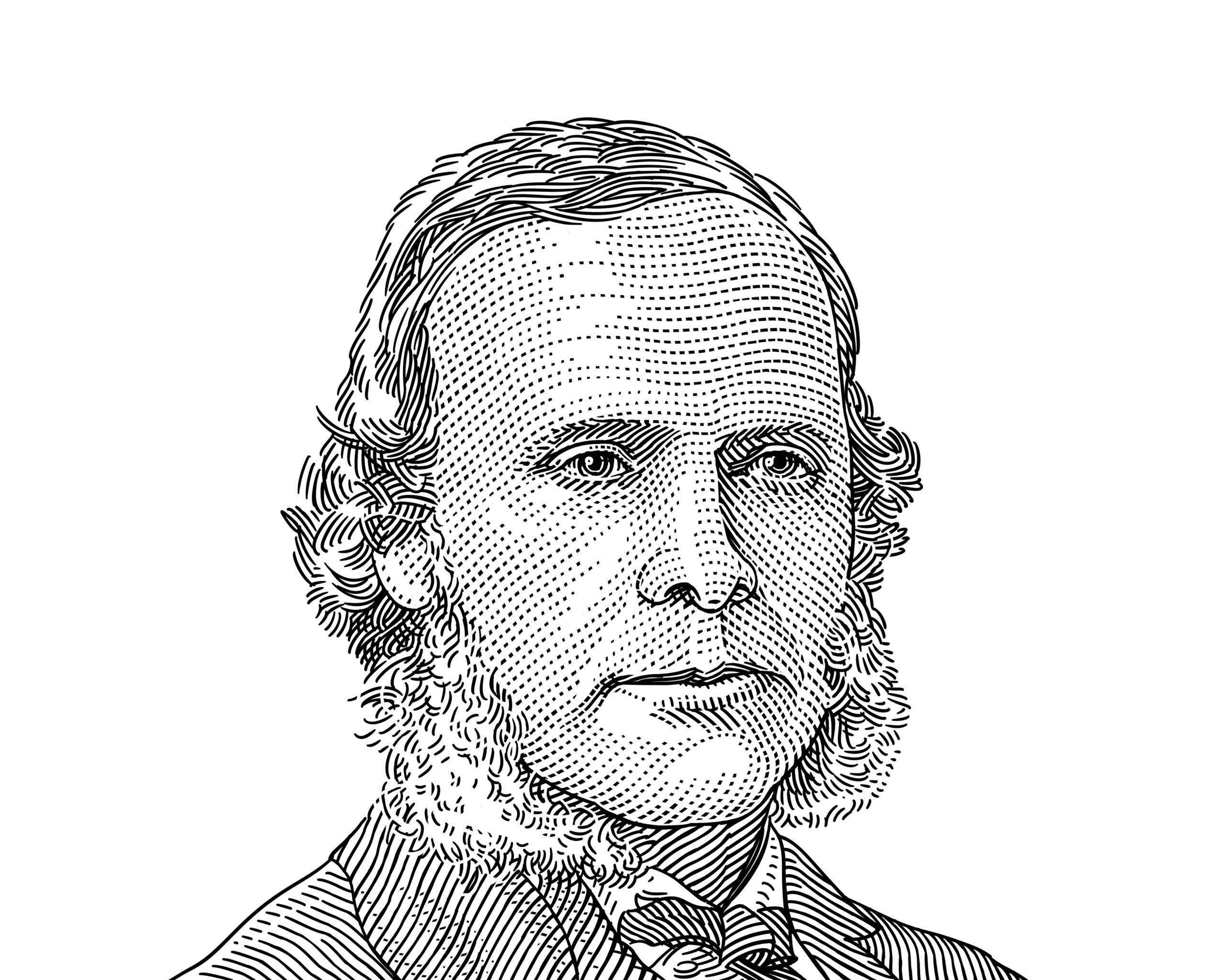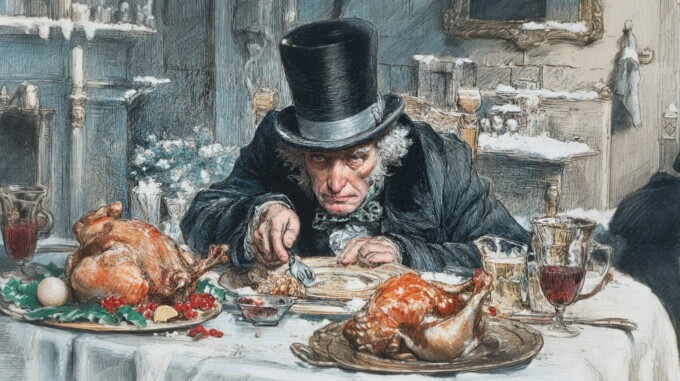Today marks the 12th installment in a series of articles by HumanProgress.org titled, Heroes of Progress. This bi-weekly column provides a short introduction to heroes who have made an extraordinary contribution to the wellbeing of humanity. You can find the 11th part of this series here.
Our 12th Hero of Progress is Joseph Lister, a 19th century British surgeon, who is commonly dubbed “the father of modern surgery.” Lister introduced new methods of sterilization to hospitals as well as medical equipment that transformed hospitals from death traps into places of genuine healing. In hospitals that adopted his suggestions, infection rates fell drastically and since then Lister’s ideas have been adopted as surgical norms across the world.
Joseph Lister was born on April 5, 1827 in Essex, England, to a prosperous Quaker family. His father was a successful wine merchant and amateur scientist, who pioneered achromatic (i.e., non-color distorting) lenses that are used in microscopes today. Lister attended the University College London, which was one of very few schools that accepted Quakers, to study botany. He graduated with a Bachelor of Arts in 1847.
Upon finishing his undergraduate degree, Lister immediately enrolled as a medical student at the same institution. He graduated with honors in 1852 and became a house surgeon at the University College Hospital. A year later, Lister moved to Edinburgh to be the assistant to James Syme, a renowned surgical teacher at the time. In 1859, Lister assumed the prestigious position of a Regius Professor of Surgery at Glasgow University.
In the mid-19th century, it was thought that bad air was responsible for infections in patients’ wounds. Hospitals would air out their wards at midday to reduce the spread of “miasma” or poisonous vapor filled with particles from decomposed matter that supposedly caused infections. Ignorance about the spread of disease was rife. Surgeons did not wash their hands and clothes, boasting about the stains on their dirty operating gowns and referring to the former as the “good old surgical stink.”
Whilst working at the University of Glasgow, Lister read a paper written by the French chemist Louis Pasteur, who showed that food spoilage may occur under anaerobic (i.e., airless) conditions if micro-organisms were present. Pasteur debunked the notion that bad air caused infections and recommended filtration, exposure to heat, or chemical solutions to arrest the spread of harmful bacteria.
Since Pasteur’s first two suggestions would damage human tissue, Lister started to spray patients’ wounds, surgical instruments, and dressings with carbolic acid. He soon noticed that C6H5OH dramatically reduced infection rates among his patients. He published his findings in the scientific journal The Lancet over a series of six articles in early 1867.
Lister ordered all surgeons under his direction to wear clean gloves, wash their hands and instruments before and after operations, and spray the C6H5OH solution in the operating room. His methods quickly caught on across the world. As hospitals and operating rooms became cleaner and wounds became sterilized, rates of infections fell, and millions of lives were saved.
In 1869, Lister returned to Edinburgh as the successor to Syme and he continued to develop his methods of sterilization. Lister’s most famous patient was Queen Victoria who called on Lister to attend to an “orange-sized abscess in her armpit” in 1871. Armed with carbolic acid and a small incision tool, he treated the Queen’s wound. Later Lister would often joke to his students, “Gentlemen, I am the only man who has ever stuck a knife into the queen!”

Lister continued teaching, researching and treating patients until his wife passed away in 1893. After that, he said that studying and writing lost their appeal to him. Lister died on February 10, 1912 at his country home in Kent, at the age of 84.
Lister was decorated with numerous awards and honorary degrees throughout his life. Most notably he was made President of the Royal Society in 1894 and a baron by Queen Victoria in 1897. Lister’s sterilization methods transformed modern surgery and saved untold millions of lives. For that reason, Joseph Lister is our 12th Hero of Progress.





